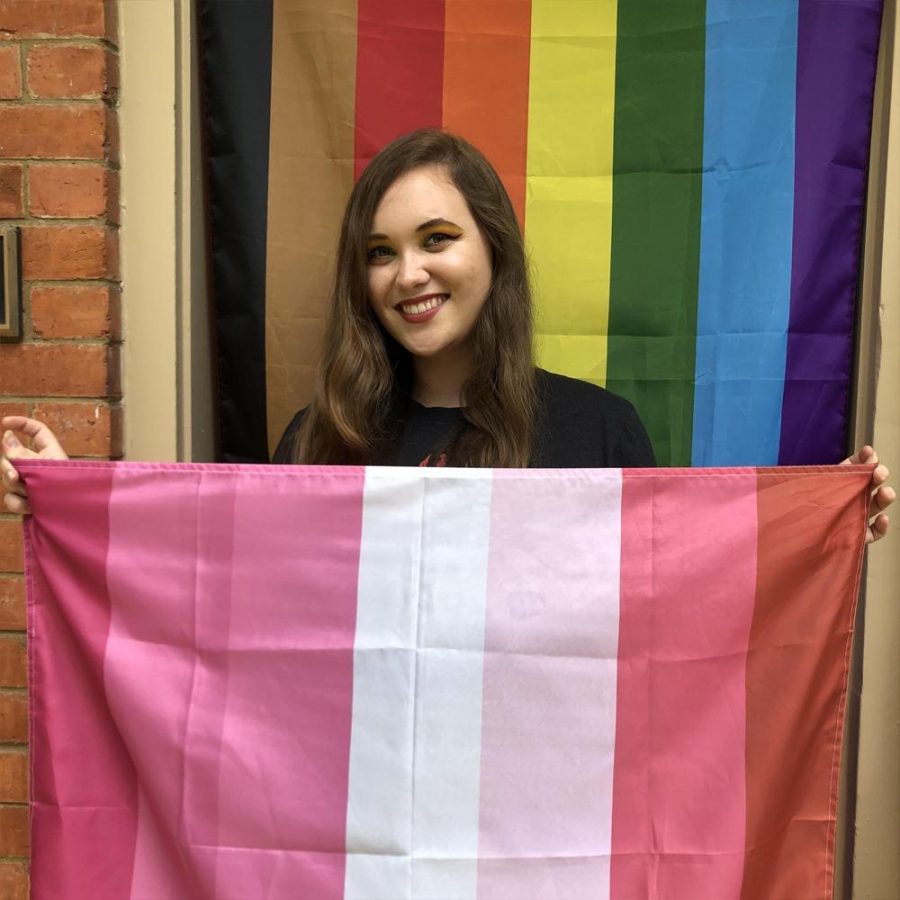It’s no question that students at Vanderbilt University are exceptionally busy. Most of you have probably sat on at least one executive board, committee or forum for any of your numerous extracurriculars. And, like any good, community-oriented individual committed to fulfilling your civic duties, you have probably tabled. Or postered. Or in some way attempted to get in people’s faces to promote an event hosted by one of your organizations.
None of us really like tabling regardless of whether you’re the hapless soul shouting about free cookies and T-shirts, or the harried individual with the 50-pound bookbag and four essays balanced precariously atop an open Rand bowl (you like to live dangerously and I respect that). In all likelihood, I probably threatened you with a flyer this week while tabling for Lambda’s Annual Drag Show. Maybe I even offered you some half-melted candy that you didn’t really want, but you felt too awkward to just keep walking and took a Twix bar anyway. If you did ignore me and kept walking, I want you to know that I did feel a little slighted but quickly recovered. And to those of you who decided to make homophobic or otherwise derogatory remarks instead of keeping your thoughts to yourself, I want you to know that you are actively making the world a worse place.
I think there really is something good to be said about Vanderbilt’s inclusivity and awareness initiatives. They make it much easier for organizations like Lambda to have programming publicized and give marginalized groups a broader platform, both for community-building and for doing outreach into other communities on and off campus. However, I feel that with the presence of these initiatives and community bases comes a sense of complacency and an assumption of acceptance throughout all of campus. Most people are surprised when I tell them that I’ve experienced homophobic harassment on campus multiple times, or when my friends bring up that they’ve been the victim of racist, homophobic and/or transphobic attacks (sometimes bringing them to the point of failing classes or having to take semesters off) committed by other students on Vanderbilt’s campus.
It’s even easy for me, someone whose on-campus image is directly tied to my orientation and position within the undergraduate LGBTQ community, to fall back into that sense of complacency. For a recent example, I was feeling halfway decent about tabling this past week. Most people were taking flyers, some were getting openly excited about the event, I was feeling confident that people were taking us seriously. Then a tour group went by. A prospective student and his mother saw our table; he rolled his eyes and she made sure to speak loudly so I could hear her.
“Wow, they’re really just letting them be out here in the open, aren’t they?”
I’m not exaggerating when I say this completely took the wind out of my sails. I was suddenly reminded of the dozens of interactions where I was attempting to explain what Lambda was, working for an Office of LGBTQI Life event or even just in a social situation where I casually mentioned a partner, where my words were met with an eyeroll, a muttered “that’s gross” or the more overt “I’m not f*cking gay.” I remember the worried conversations with Lambda’s executive board about publicity, making game plans for the eventuality of our new posters being defaced with slurs as they have been multiple times in the past. The realization that our posters seemed to be the only ones falling off trees and boards (sometimes within minutes of being put up), and that it might not be a coincidence.
I worry constantly that being impacted by these encounters means I’m oversensitive, that the comparatively mild words shouldn’t have any effect and any normal person would be able to shrug them off. They’re not nearly the worst form of homophobia I’ve experienced, so why would I let them bother me? At least these people aren’t protesting your events or committing acts of physical violence against you (though Vanderbilt’s campus is not historically exempt from hate crimes).
There needs to be broader recognition of what microaggressions and environmental stress can do to marginalized populations. Though there may be protections in campus statutes against specific discrimination or violence, there are very few resources available specifically aimed at addressing the stress faced by the LGBTQ community, communities of color and other historically marginalized groups (all of which have numerous intersections wherein micro- and macro-aggressions occur on multiple levels). Though it is possible in the moment to push a remark, a look, a gesture to the back of your mind, all of those things compounding over time generate a perpetual anxiety. You have a constant sense of unease and unbelonging that you may not even be able to concretely name.
The passive replication of an oppressive system is not any less harmful than active reinforcement of the same. We all need to be aware of how we interact with others, and be self-critical of how our words and actions shape the environment experienced by everyone around us. The presence of an office or an initiative on campus does not mean that the system has been dismantled; its more overt effects have simply been acknowledged. It is up to every individual, every organization, every office to take advantage of the space they occupy and critically grapple with how the roots of oppressive systems have been ingrained into our psyches. A campus in which marginalized communities cannot be assured of adequate support in the face of delegitimization or dehumanization is not a campus that can truly offer an equal experience to all its students.











